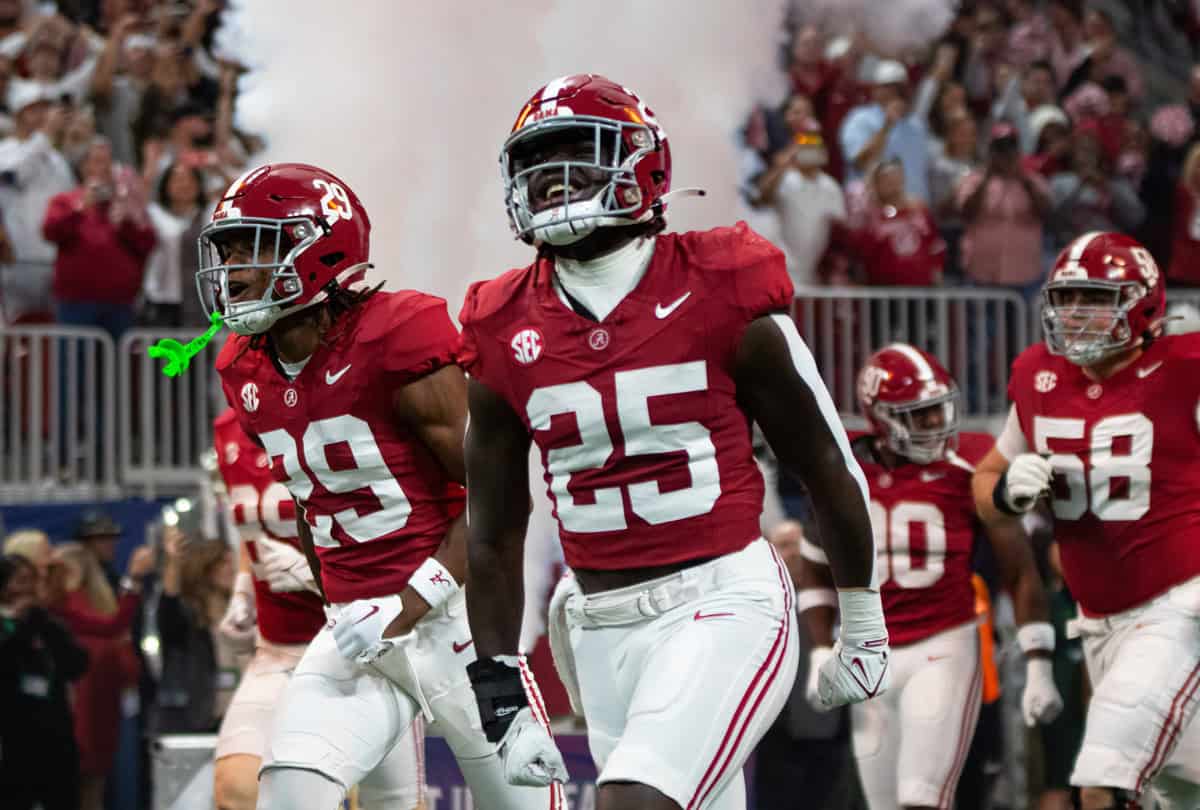This week we will throw it back to the decade that most college students consider to be the golden age: the 1990s. After all, who doesn’t love NSYNC, Boy Meets World and scrunchies? Let’s take a look at the Oct. 4, 1995 edition of The Crimson White.
If it doesn’t fit…: Twenty-one years ago, above the fold on the front page of the CW, ran the Associated Press’s story about the arguably shocking news that had broken the day before; OJ Simpson was not guilty.
Simpson was on trial for the murder of his ex-wife and her friend, but after less than four hours of deliberation, the jury found Simpson not guilty on both accounts.
“‘We won,’ whispered defense attorney Carl Douglas, almost in amazement,” read the article.
“Trial over; O.J. not guilty,” read the headline, but even at that time Simpson himself was very much aware this was not over, and many would not take the verdict for fact, as the story reported Simpson’s statement acknowledged that many will believe he is guilty, “acquittal or no acquittal.”
Several other Simpson-related articles ran that day, including ones headlined, “Simpson case leaves mark on American life,” “The Jurors,” as well as a transcript of the jury’s verdict.
In a story written by the editorial board that appeared later on in the edition, they asked the question that could very well shape a generation.
Not, “Where were you when America put a man on the moon?” or, “Where were you when Kennedy was shot?”
But, “So, where were you when O.J. Simpson was found not guilty?”
Student murdered: Beneath the front-page Simpson story was a memorial piece to a UA student who had been killed a year ago that week.
Eddie Fulks, a senior majoring in management information systems who was well-known for his contributions to the University’s Residence Hall Association as their two-time president, was shot several times in the stomach and chest early on Oct. 3, 1994.
Co-workers told the CW that the pain from the murder continued to haunt them, even though a year had gone by.
“‘Sometimes you really don’t recognize how much someone means until they aren’t there,’ Fulks’ boss said. ‘It’s a shame we won’t see what he would have contributed to the world.’”
At the time the article ran, Marcus Jones, 19, was awaiting trial for the murder.
As in 1994, shootings occurred this week in Tuscaloosa as well. Four people have been shot in the past week, one fatally and one critically.
Queso con Problemas: A local family was “disappointed,” as reported by the CW, when the Tuscaloosa Circuit Court decided not to award them a quarter of a million dollars after the daughter was burned by cheese sauce from a Taco Casa enchilada.
The father, Steve Gray, felt that something that hurt their case were the comparisons that were drawn between this case and a 1994 lawsuit against McDonald’s in which a woman walked away with $2.9 million after being burned with McDonald’s coffee.
“‘The analogies that are there without all of the facts would generally have a detrimental effect,” Cooper Shattuck, the family’s attorney said, “because people think [the family] brought this suit after that big McDonald’s suit thinking they were going to get a lot of money.”
Shattuck told the CW that the point of the case was not that Taco Casa served the cheese too hot, but that customers were not warned of the temperature.
“‘If it’s hot enough to cause these kinds of severe burns and Taco Casa knows it, then they should warn (customers) about it,’ Shattuck said.”
According to the article, Taco Casa knew it was hot enough to cause serious burns because it had happened to employees.
A University law professor who was “reluctant to comment specifically on the Taco Casa case,” said there is a “general trend to turn to legal action when something goes wrong.”
“‘There was a time when people would chalk things up to bad luck,’ Professor Gene Marsh said, ‘Now they say: ‘Bad luck, let’s go see a lawyer.’”







